Faculty Meetings with Rudolf Steiner: Set of Two Volumes (CW 300a/b)
2 volumes: September 8, 1919 – September 3, 1924 (CW 300a/b)
The Waldorf school movement has its roots in the chaotic period following World War I. Struggling to create the first school, Rudolf Steiner worked on every detail-lesson plans, religious education, school hours, course resources, administration, finance, and child study. Guiding the faculty, Steiner moved toward his goal of creating a vehicle for social transformation.
These two volumes span 1919 to 1924 and cover, meeting by meeting, the development of the first Waldorf school. Participating in a work in progress, Steiner deals with an amazing array of problems, frustrations, successes, and failures. His sleeves rolled up and his sight on a vision that he made a reality, Steiner lays the foundations of Waldorf education. This detailed look behind the scenes will interest not only teachers, but also parents, students, and anyone who wants to know how a successful worldwide school movement arose.
German source: Konferenzen mit den Lehren der Freien Waldorfschule 1919–1924 (GA 300a–c)
About the Author
Rudolf Steiner (1861–1925) was born in the small village of Kraljevec, Austro-Hungarian Empire (now in Croatia), where he grew up (see right). As a young man, he lived in Weimar and Berlin, where he became a well-published scientific, literary, and philosophical scholar, known especially for his work with Goethe’s scientific writings. At the beginning of the twentieth century, he began to develop his early philosophical principles into an approach to systematic research into psychological and spiritual phenomena. Formally beginning his spiritual teaching career under the auspices of the Theosophical Society, Steiner came to use the term Anthroposophy (and spiritual science) for his philosophy, spiritual research, and findings. The influence of Steiner’s multifaceted genius has led to innovative and holistic approaches in medicine, various therapies, philosophy, religious renewal, Waldorf education, education for special needs, threefold economics, biodynamic agriculture, Goethean science, architecture, and the arts of drama, speech, and eurythmy. In 1924, Rudolf Steiner founded the General Anthroposophical Society, which today has branches throughout the world. He died in Dornach, Switzerland.
Betty Staley has been a Waldorf teacher for more than thirty-five years. She directs the Foundation Year and Waldorf High School programs at Rudolf Steiner College. In addition, she has been active in programs for public school teachers and teachers of At-Risk students there. She founded the Multi-cultural Committee of AWSNA.
Robert F. Lathe has translated several books by Rudolf Steiner on Anthroposophy and Waldorf education

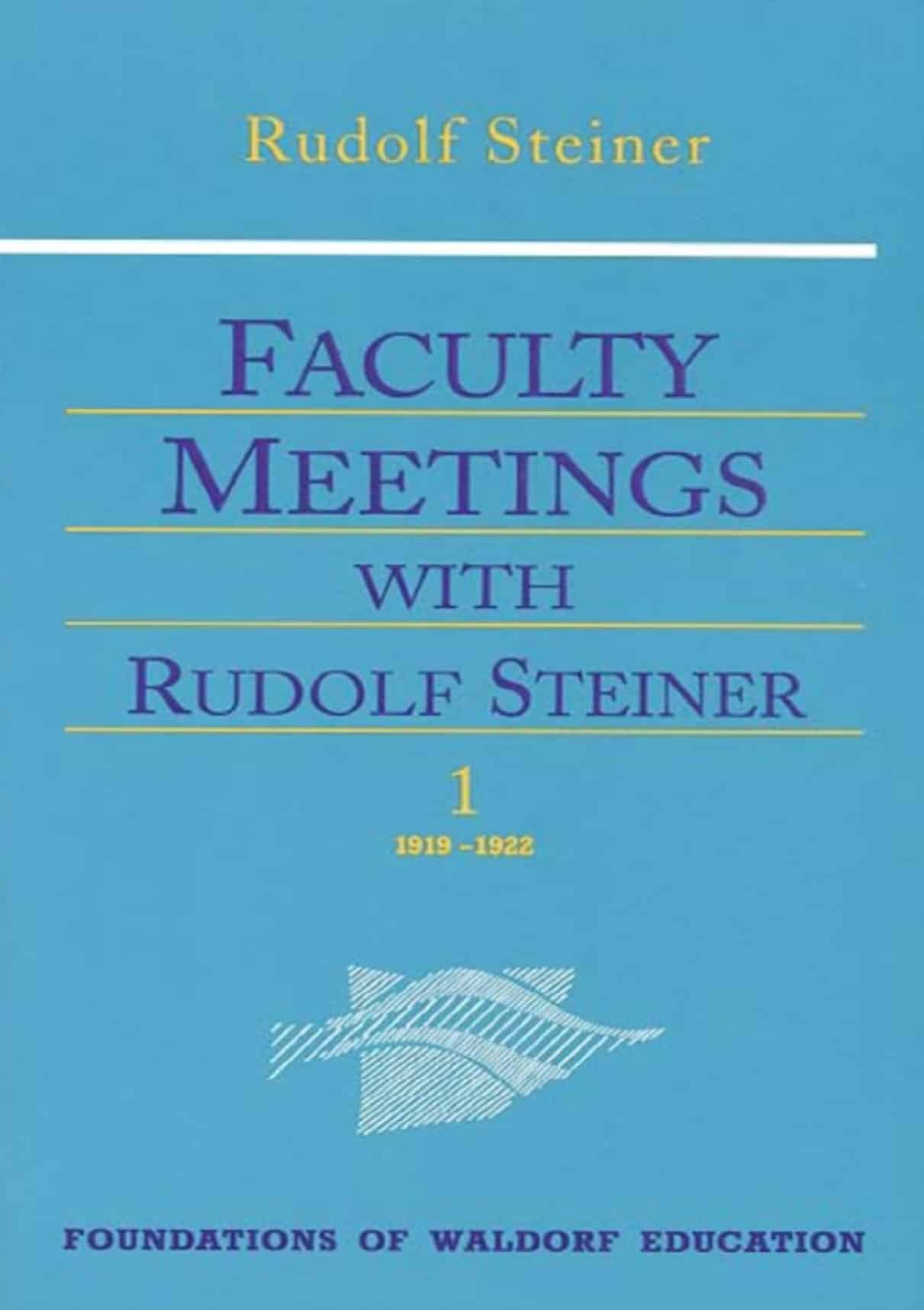



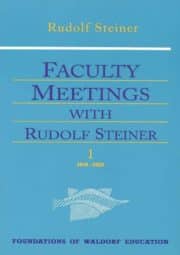
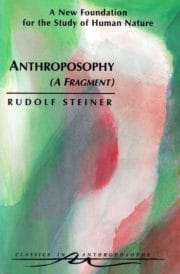
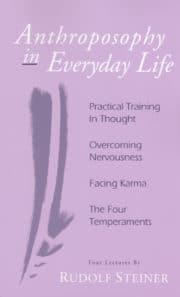



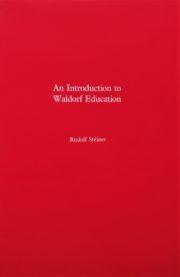

Reviews
There are no reviews yet